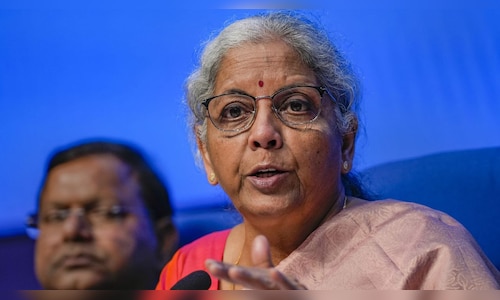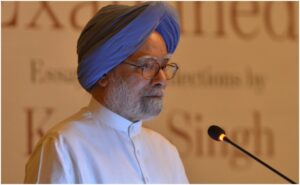

Industry leaders advocated for a more robust tax framework to support Global Capability Centres (GCCs). They recommended refining safe harbour rules and accelerating the implementation of advance pricing agreements. These measures, they argued, are critical for fostering international business operations.
Rajesh Nambiar, President of NASSCOM, stated, “We emphasised two main issues: better taxation for GCCs through safe harbour rules and the effective implementation of advance pricing agreements, which were previously announced but require proper execution.”
The United States market was highlighted as a key growth area amid potential tariff conflicts. Industry representatives urged the government to allocate additional funding to market Indian products in the US, projecting an untapped export potential of $25 billion over the next three years.
Ajay Sahai, CEO of the Federation of Indian Export Organisations (FIEO), remarked, “With strategic marketing support, India can significantly increase its export share in the US. This requires the government’s focus and funding.”
Micro, Small, and Medium Enterprises (MSMEs) were prioritised during the discussions. Industry representatives proposed extending the interest equalisation scheme for three years and increasing funding under the Market Access Initiative (MAI) scheme. These measures would help MSMEs expand their global footprint and participate in reverse buyer-seller meets.
Pankaj Chadha, Chairperson of EEPC India, stressed, “Interest subvention is crucial since 50% of exporters belong to the MSME sector. Additional MAI funding can enable exporters to connect with international buyers and conduct energy audits to improve efficiency.”
Another key demand was establishing a global shipping line to reduce transportation costs and achieve substantial savings. Industry leaders believe this initiative would significantly bolster India’s export competitiveness.
Allocating funds for energy audits was recommended as a practical step to enhance operational efficiency, especially for smaller enterprises. Such measures would reduce costs and improve sustainability across industries.
First Published: Dec 26, 2024 7:25 PM IST



